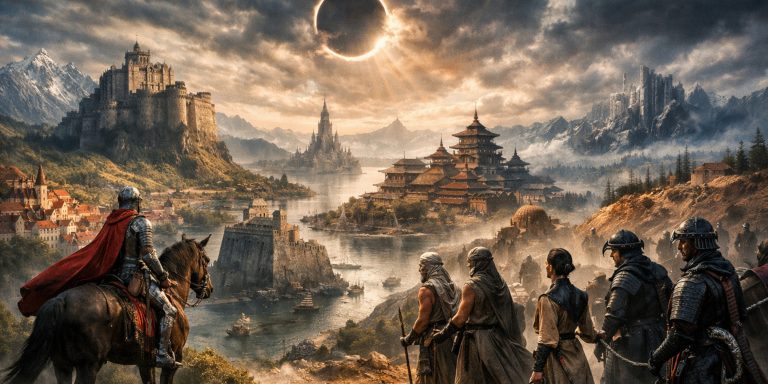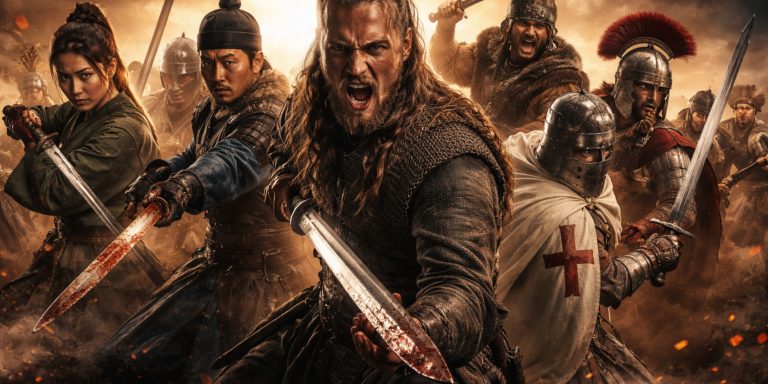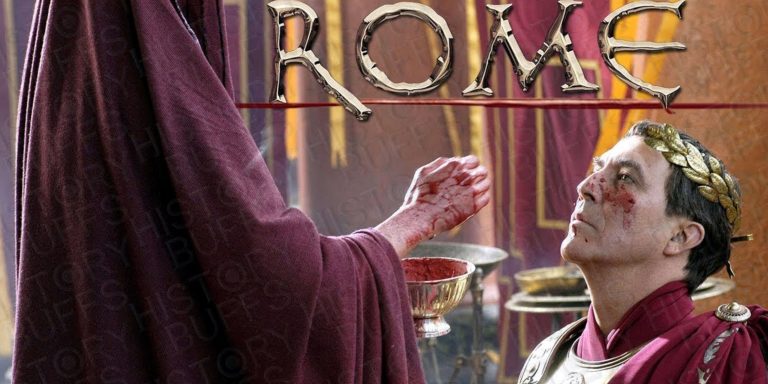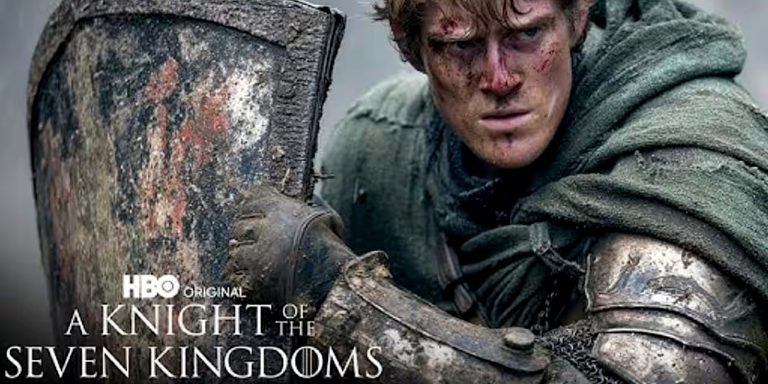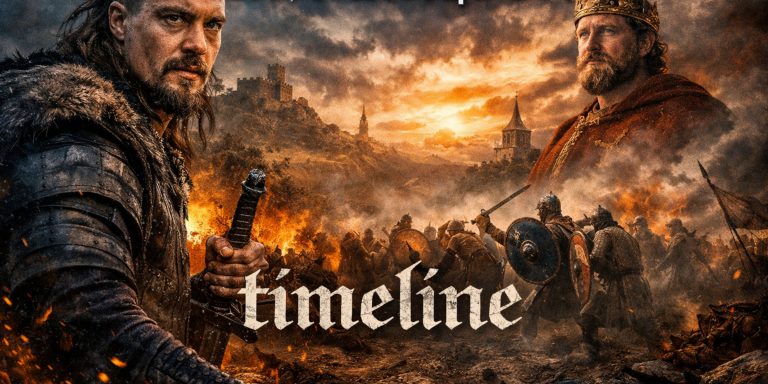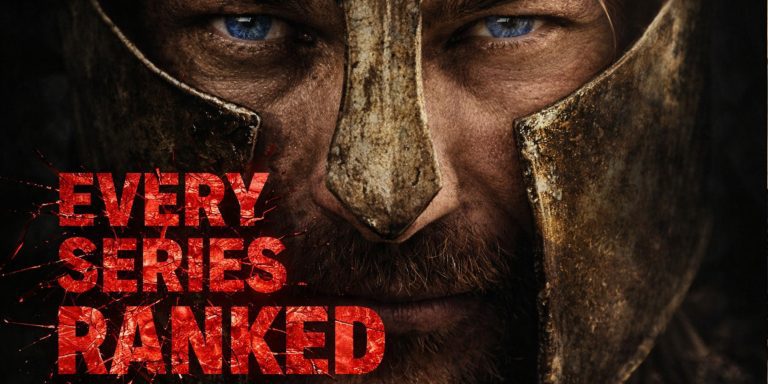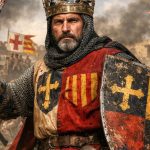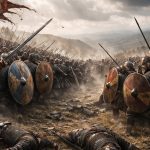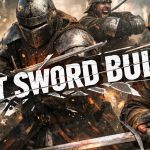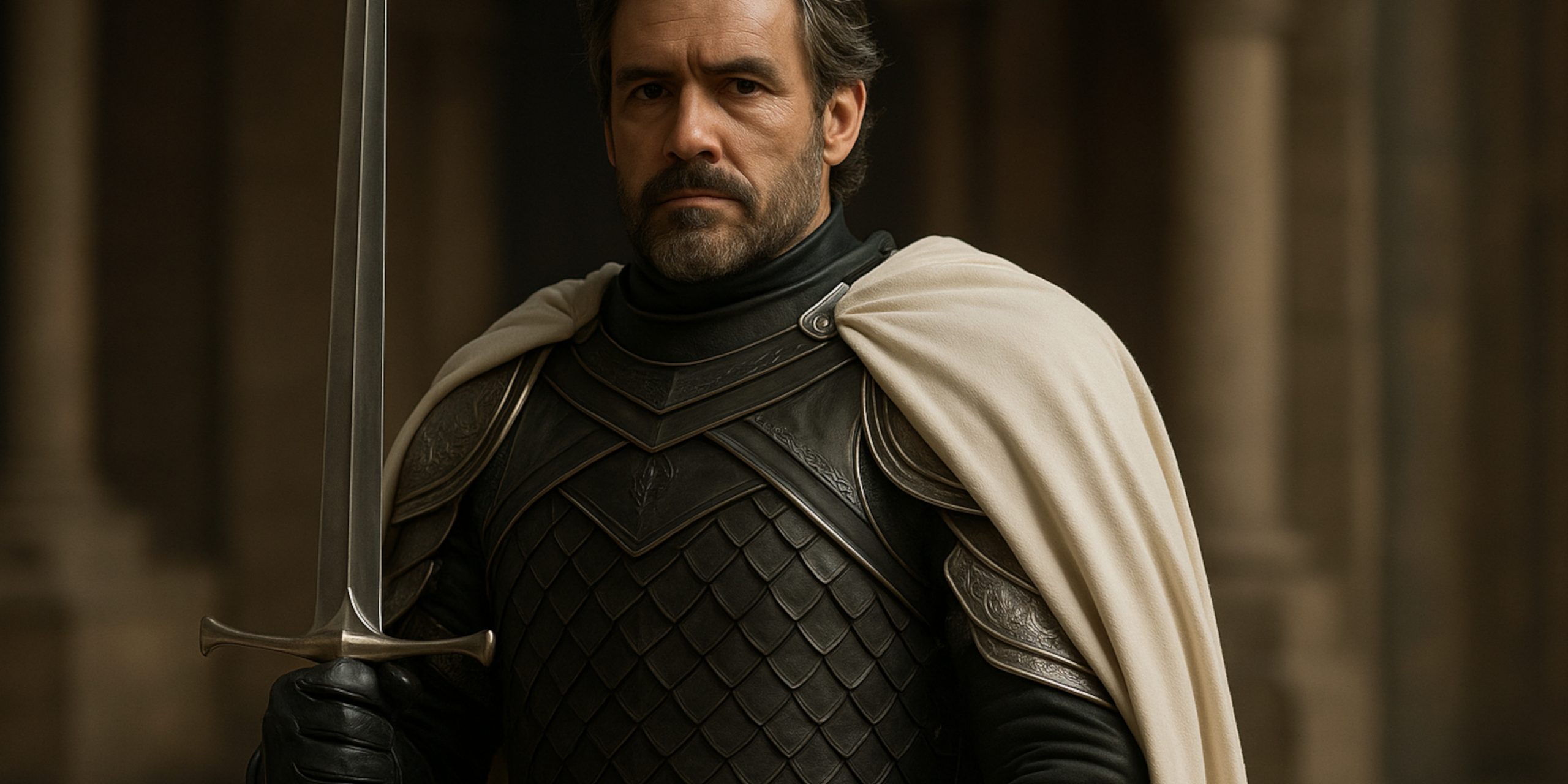
In House of the Dragon, the Kingsguard is still a relatively young institution. Founded during the reign of Aegon the Conqueror, it had yet to acquire the rigid formality or mythic stature seen in the days of Jaime Lannister and Ser Barristan Selmy. By the time of King Viserys I Targaryen, the bodyguard still functioned as an evolving political tool as much as a martial one.
Unlike in Game of Thrones, where the Kingsguard’s authority was strictly tied to a chivalric code and centralised power, the version shown in House of the Dragon reflects a court riddled with factionalism. Each appointment becomes a reflection of political favour or noble ambition, not always merit.
Selection Process and Meritocracy
One of the most telling aspects of the early Kingsguard is the appointment of Ser Criston Cole. His selection over more politically connected or highborn knights signals an early preference, at least in theory, for martial skill rather than noble status. Yet even this supposed meritocratic gesture is laced with political implications.
By contrast, in later eras, most members of the Kingsguard come from prestigious families, and their selection is tightly controlled by ruling monarchs or their hands. In House of the Dragon, selections are influenced by factions within the court, such as Queen Alicent’s supporters and Rhaenyra’s loyalists, turning the white cloak into a symbol of allegiance rather than just honour.
Internal Divisions and Loyalties
The defining rupture within the Kingsguard during House of the Dragon is its split loyalty in the face of the Targaryen civil war, the Dance of the Dragons. Some members side with Rhaenyra, others with Aegon II, breaking the ideal of a singular bodyguard sworn only to protect the king. This contrasts sharply with the image of the Kingsguard as indivisible and apolitical in later generations.
Ser Harwin Strong, Ser Erryk Cargyll, and Ser Arryk Cargyll each reflect different facets of this tension. The Cargyll twins are especially symbolic of the fracture, with their tragic duel standing as a metaphor for the civil war’s fratricidal nature. In Game of Thrones, while political allegiance influences Kingsguard behaviour, such an open split within the guard is unheard of.
Role Beyond Bodyguard Duties
While the Kingsguard is primarily tasked with protecting the monarch and royal family, in House of the Dragon their role stretches further. Ser Criston Cole, once Lord Commander, becomes deeply embedded in the political machinations of the court. His influence over Prince Aegon, his alliance with Queen Alicent, and his role in launching the Greens’ coup mark a significant departure from the guard’s later attempts at neutrality.
Their involvement in succession, coups, and propaganda reveals the Kingsguard not as passive guardians but as key agents in the civil strife. By contrast, during Robert’s reign or Joffrey’s rule, the Kingsguard is largely reactive, with few stepping into the political limelight beyond courtly duty.
Armour, Symbolism, and Presentation
Visually, the Kingsguard in House of the Dragon is distinct from their successors. The white cloaks remain, but their armour is more ornate and individualised. Ser Criston’s blackened plate, for example, reflects his dual status as both a knight and a commander with his own ideological bent. There is less uniformity and more personal flair, mirroring the less formalised hierarchy of the early Targaryen regime.
This contrasts with the polished, almost ceremonial presentation of the Kingsguard in Game of Thrones, where even their identities are often subordinated to the symbolism of the white cloak.
The Fluid Nature of Honour and Duty
The Kingsguard of House of the Dragon is less an ideal and more a mirror of the fracturing realm. They are warriors, loyalists, pawns, and sometimes instigators. Their evolution, from a loosely ordered guard into a codified institution, is told not just through their actions but through their failings.
By showing a time when the white cloak did not yet carry absolute moral weight, the series adds complexity to a role many fans thought they already understood. It reminds us that institutions, like dynasties, are shaped as much by politics and ambition as they are by honour and tradition.

